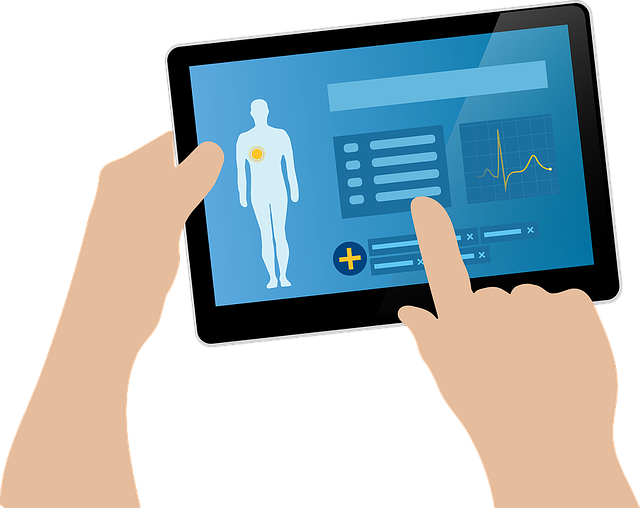Technology has massively improved healthcare, transforming how it is approached and managed. From diagnostics to treatment, monitoring, and prevention, technology has had a profound impact on all areas of health. This shift towards technologically-driven healthcare has the potential to improve patient outcomes, enhance the efficiency of healthcare delivery, and reduce the overall cost of medical care. Here’s a closer look at how technology is making a positive impact across all facets of healthcare.
Diagnostic Advancements
Technology has significantly improved the accuracy and speed of medical diagnostics. With the development of advanced imaging techniques such as MRI, CT scans, and ultrasound, healthcare professionals can obtain high-resolution images of the body, aiding in early detection and precise diagnosis. Furthermore, diagnostic tools powered by artificial intelligence (AI) can analyze large datasets of medical information to identify things that may go unnoticed by the human eye. These AI-driven diagnostics help in the early detection of diseases, from cancer to neurological disorders, enabling faster and more effective treatments.
Telemedicine
Telemedicine, fueled by technology, has revolutionized the way healthcare is delivered. It allows patients to consult with healthcare providers remotely, breaking down geographical barriers and improving access to care. Virtual visits and remote monitoring enable individuals to receive medical advice, diagnosis, and follow-up care from the comfort of their homes, reducing the need for in-person appointments, which can be especially critical in times of pandemics or emergencies.
Wearable Health Devices
The popularity of wearable devices, like fitness trackers, smartwatches, and medical-grade wearables, has made self-monitoring and health tracking more accessible than ever. These devices can continuously monitor vital signs, track physical activity, and even detect abnormal health conditions. All of this information can be shared with healthcare providers in real time, allowing for proactive interventions and more personalized care plans. Additionally, these wearables motivate individuals to live healthier lives.
Electronic Health Records (EHRs)
Changing from paper to electronic health records has streamlined the management of patient data and improved patient care. EHRs offer healthcare professionals instant access to a patient’s medical history, medication, allergies, and previous test results, facilitating quicker and more accurate decision-making. They also support better coordination of care among different healthcare providers, which reduces the risk of medical errors and improves patient safety.
Health Apps and Software
Mobile health applications and software have empowered individuals to take control of their health. These apps can assist in medication management, track and analyze dietary habits, provide mental health support, and offer fitness routines. Patients can set health goals, receive reminders, and gain insights into their overall well-being, thereby promoting healthier behaviors and preventive care.
Laser Eye Surgery
Laser eye surgery is a prime illustration of how technology is reshaping healthcare in precise and minimally invasive ways. This revolutionary procedure, which corrects vision problems such as myopia (nearsightedness), hyperopia (farsightedness), and astigmatism, has transformed the lives of countless individuals by reducing the need to wear glasses or contacts. If this interests you, then reach out to SMILE surgery Adelaide experts.
Genomic Medicine
Sequencing of the human genome at a fraction of the time and cost is made possible with technology. Genomic medicine, which analyzes an individual’s DNA, offers the potential for highly personalized healthcare. It can predict susceptibility to certain diseases, inform treatment choices, and help identify genetic markers for targeted therapies, improving the effectiveness of treatments while reducing adverse effects.









